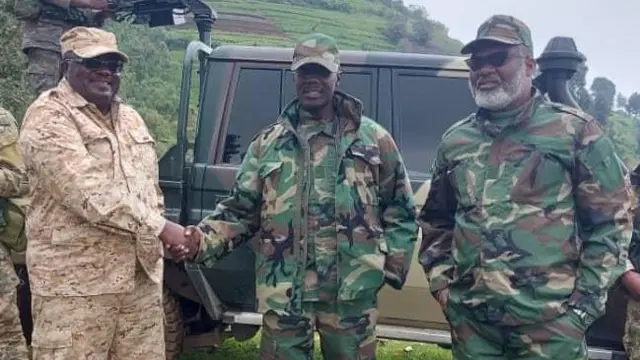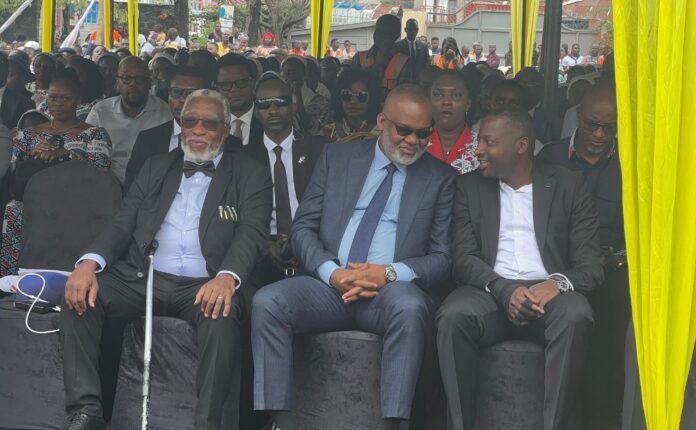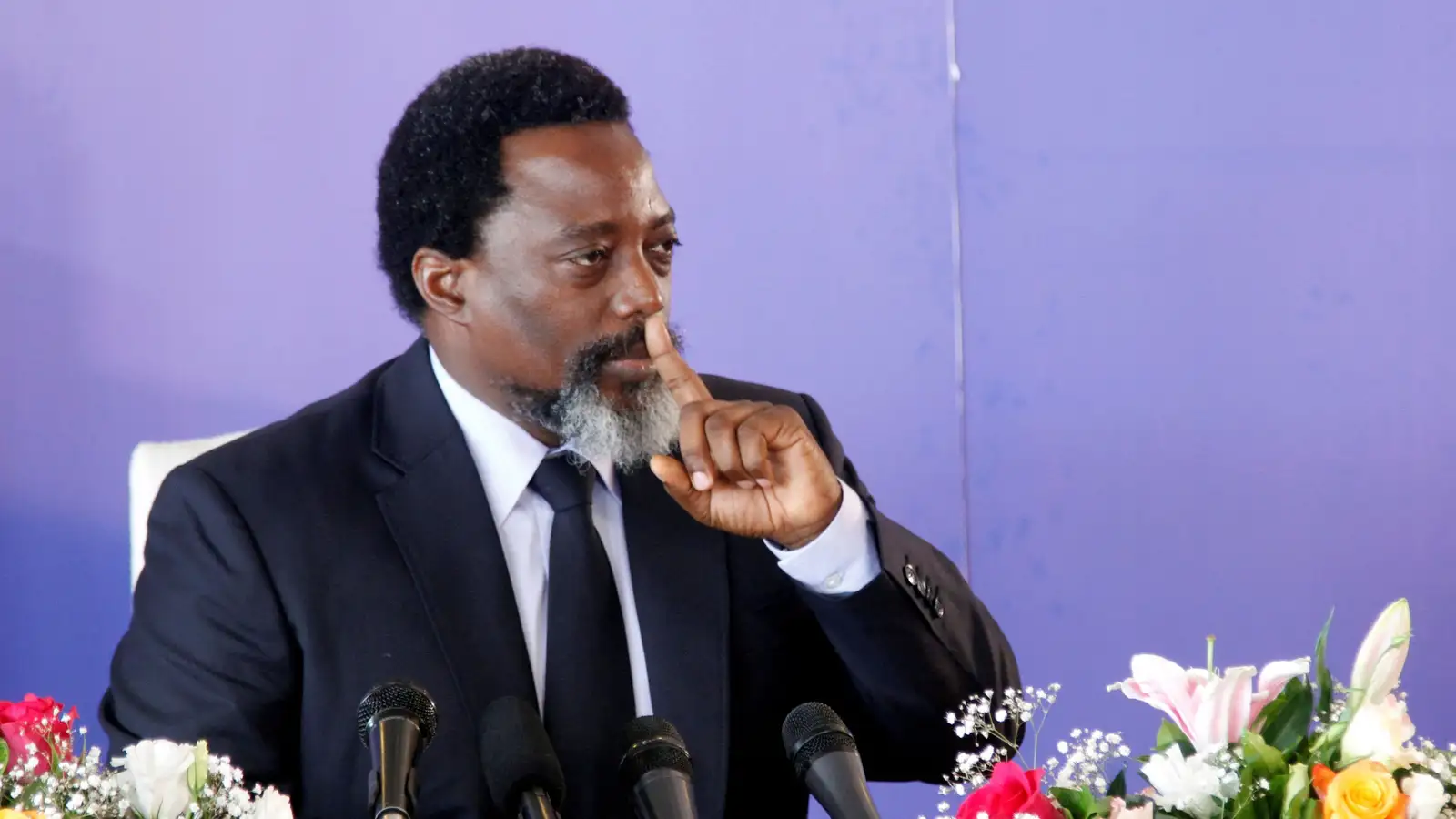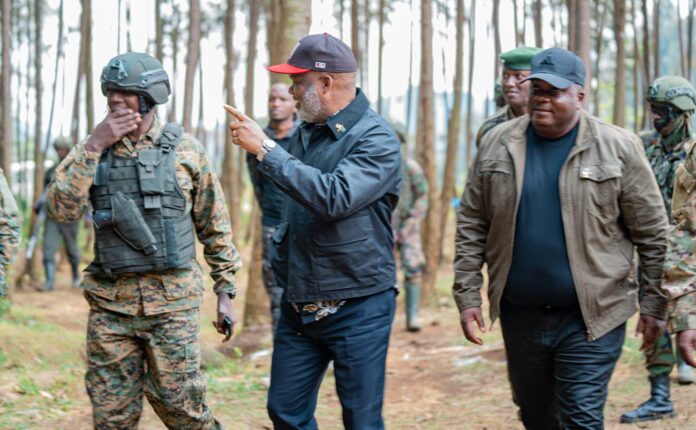The recent sighting of AFC/M23 leaders, including Corneille Nangaa and President Bertrand Bisimwa, in Goma has raised significant concerns regarding the Kinshasa government’s control over the eastern Democratic Republic of the Congo (DRC). Despite placing a bounty on their arrest, these leaders moved freely, highlighting the limitations of the government’s security apparatus and the influence of AFC/M23 in North Kivu.
Note: Company, Blog, Church websites are free.
This development further undermines Kinshasa’s authority, as it showcases the government’s inability to enforce its decisions in a region long plagued by instability. The presence of AFC/M23 leaders in Goma not only reflects their confidence but also signals a potential shift in power dynamics. The national army (FARDC) and its allies have struggled to counter AFC/M23’s advances, allowing the group to continue expanding its territorial control.
In a significant move, the Common Resistance Front (FCR) has officially joined the Congo River Alliance (AFC/M23). This strategic alliance aims to reinforce the ongoing fight for what these groups describe as a free, just, and sovereign Congo. The FCR’s integration into AFC/M23 represents a consolidation of forces pushing for a profound transformation in the DRC’s political and security landscape.
Leaders of both factions have expressed their commitment to this shared vision. “This alliance is the result of a collective determination to build a nation where justice and freedom are no longer distant ideals, but a reality,” stated an FCR spokesperson. Their joint communiqué called upon other political and movement groups to join their cause, emphasizing the need for unity in the struggle against what they perceive as oppressive governance.
The merger of FCR and AFC/M23 comes at a time when the DRC faces multiple crises, including escalating armed conflicts, worsening humanitarian conditions, and heightened political tensions. This new coalition could significantly alter the trajectory of the country’s ongoing security crisis. While some view this as a necessary step toward restructuring governance, others fear it will lead to an escalation of violence.
The international community is closely monitoring these developments, with regional and global actors weighing the potential implications for stability in the Great Lakes region. The DRC government has long accused neighboring countries of supporting AFC/M23, further complicating diplomatic relations.
With this bold move by AFC/M23 and FCR, President Félix Tshisekedi’s administration faces a critical decision. Will the government escalate military operations to capture these leaders and reclaim lost territories, or will it reconsider its approach and engage in negotiations? The choice Kinshasa makes will play a decisive role in shaping the country’s future.
The DRC’s political and military landscape is shifting rapidly, and the coming months will be crucial in determining whether this new coalition succeeds in achieving its objectives. One thing remains clear: the struggle for control over the eastern DRC is far from over, and its outcome will have lasting consequences for the entire region.



